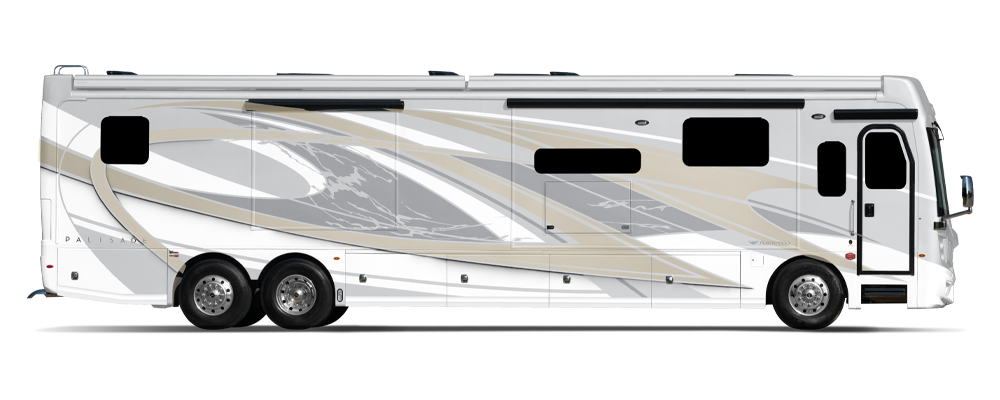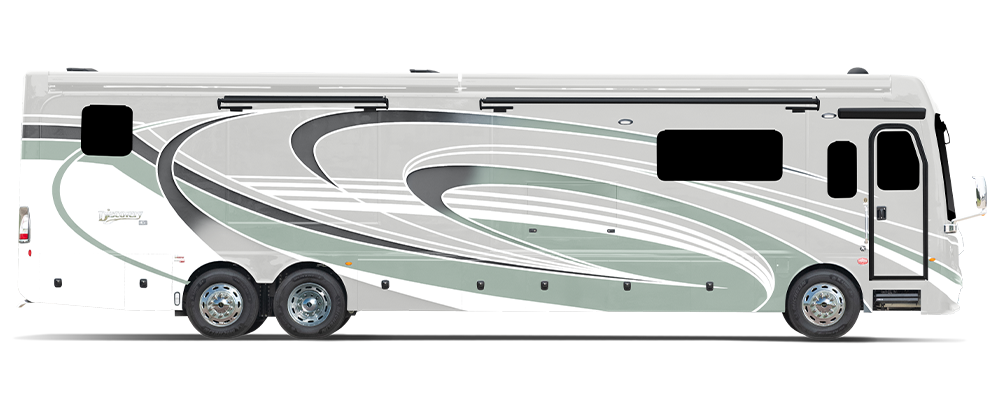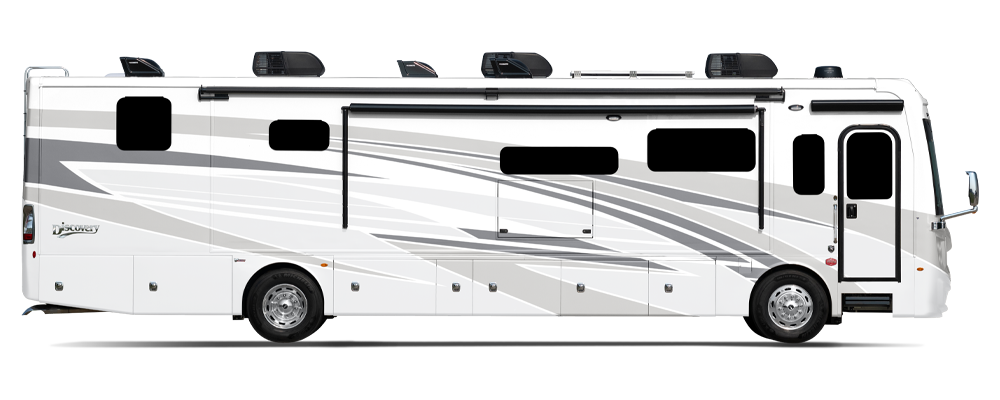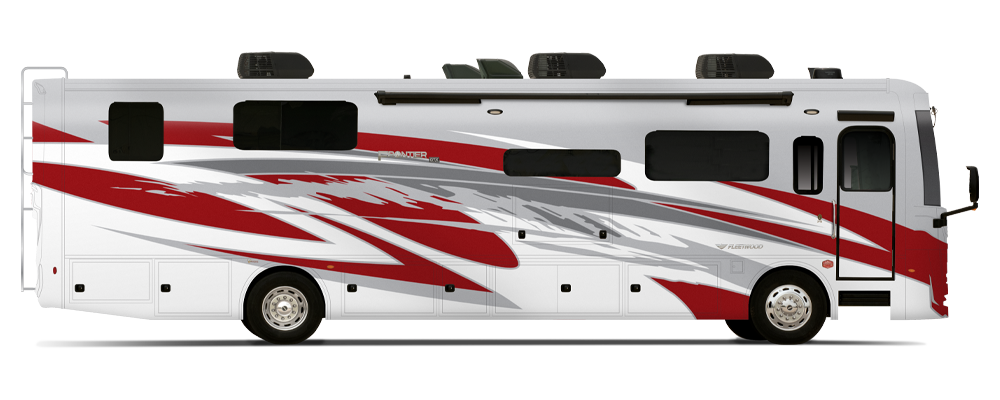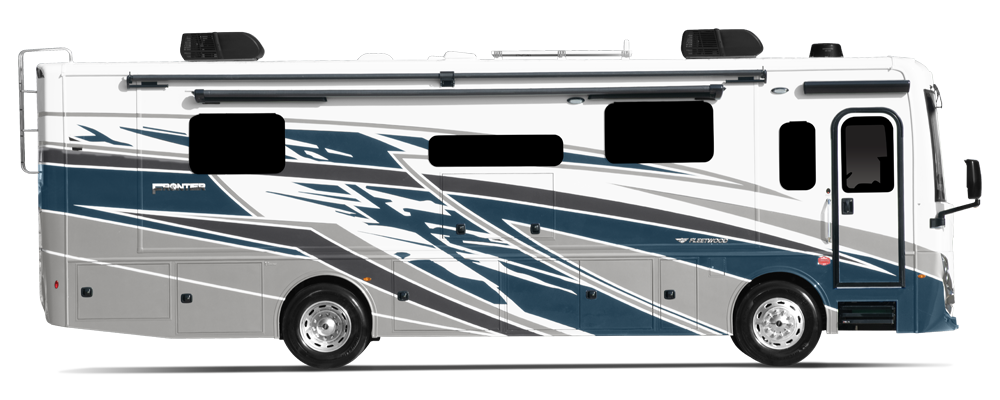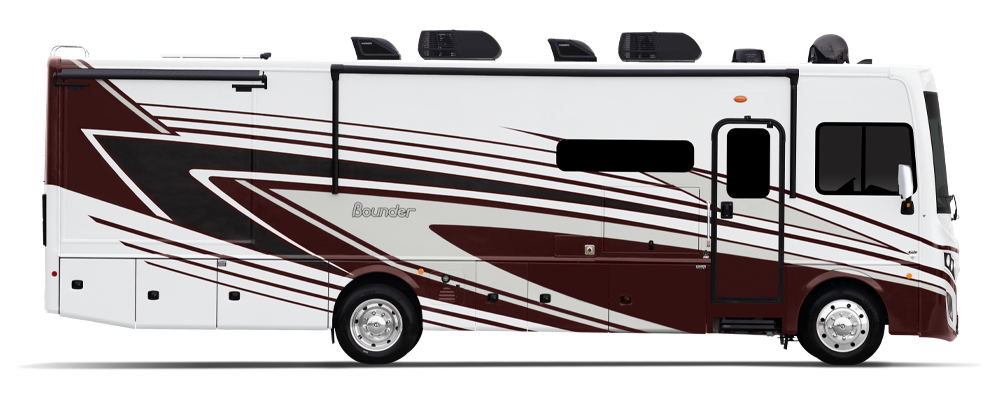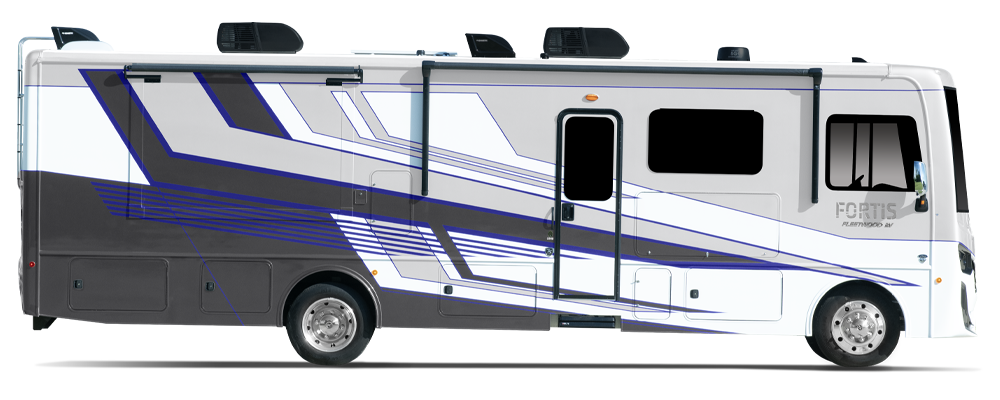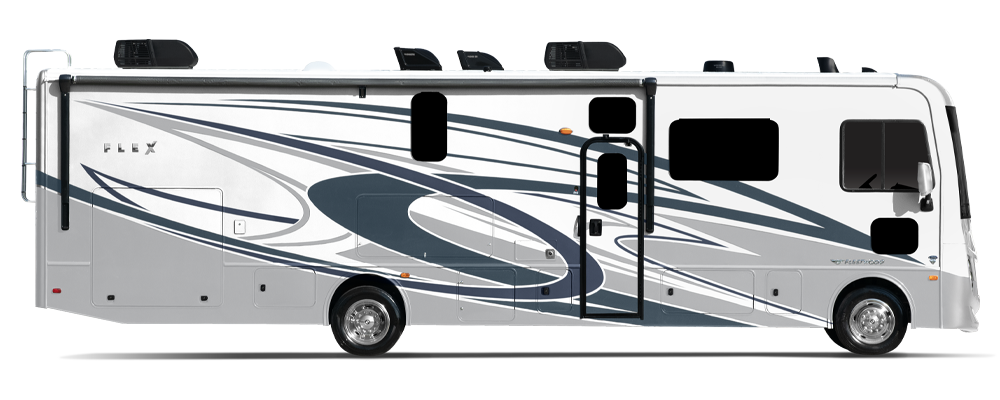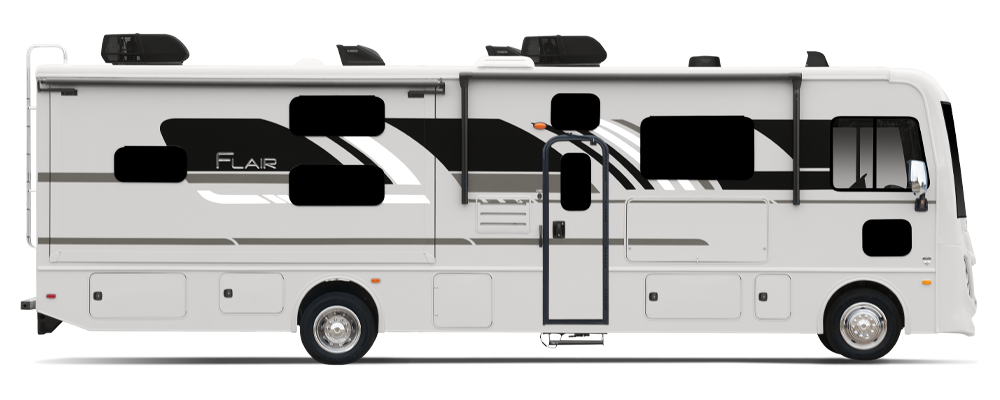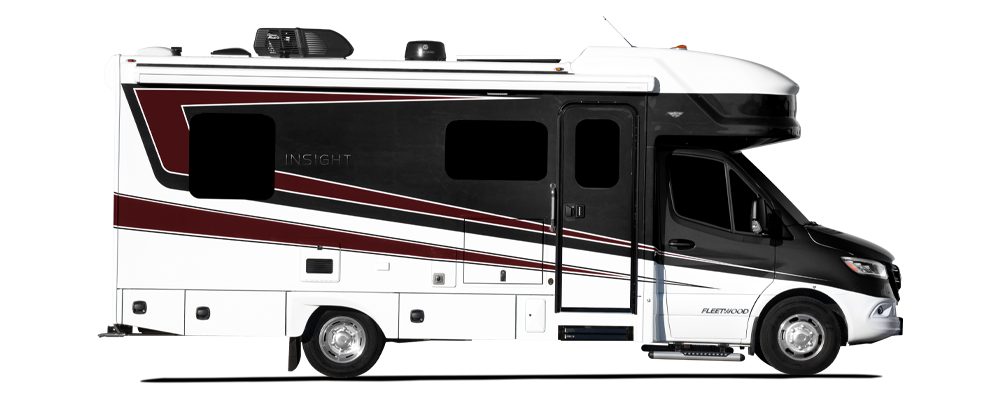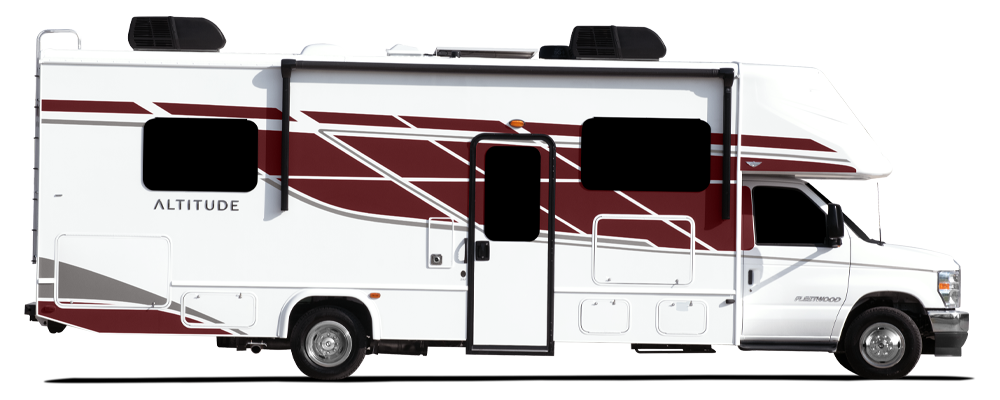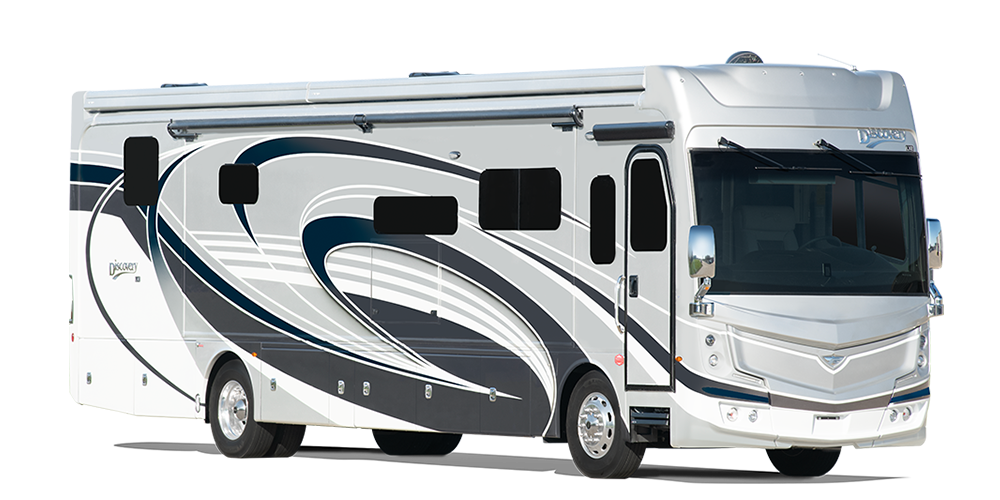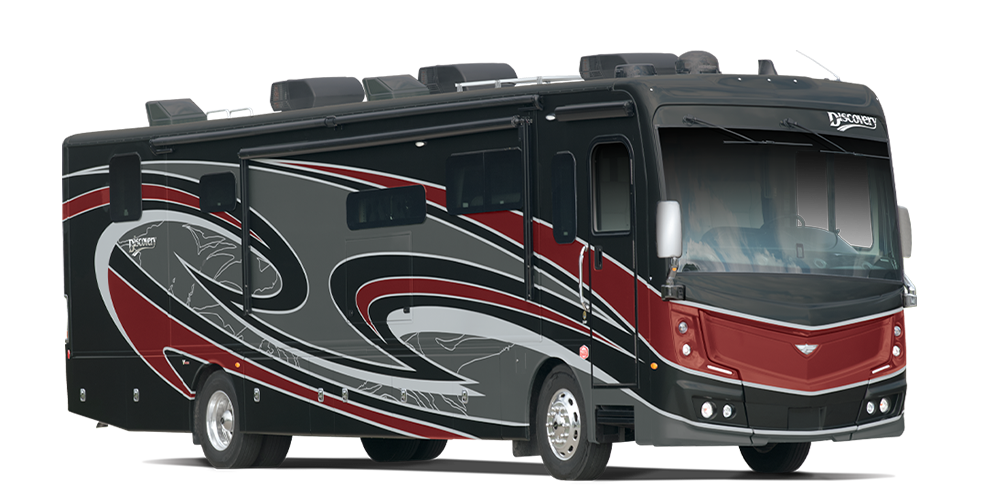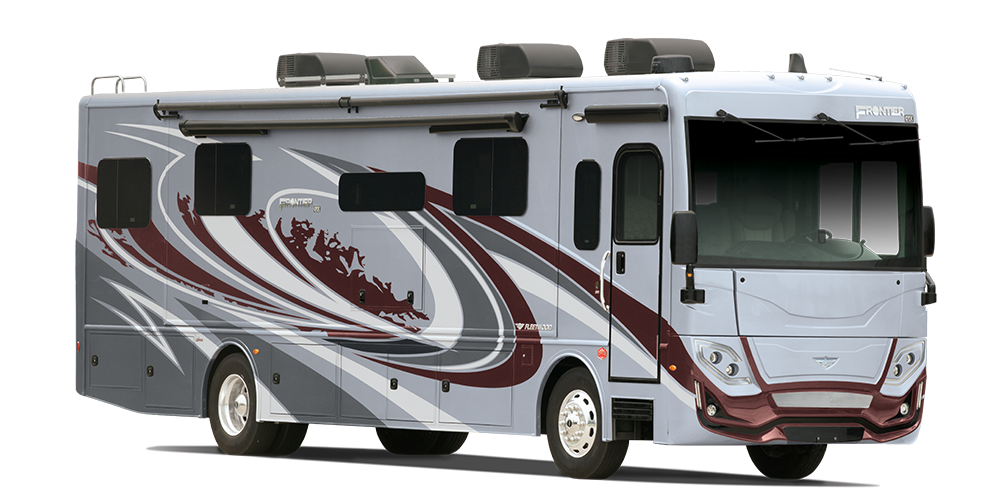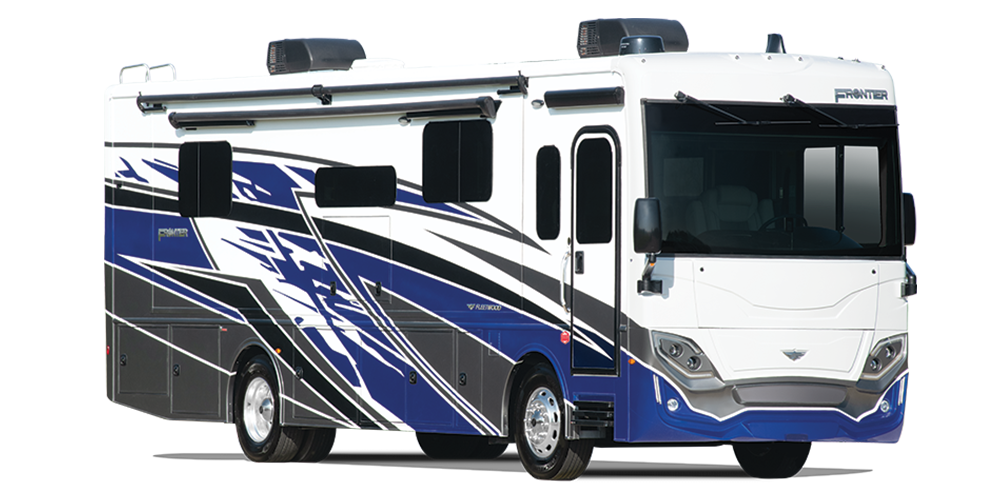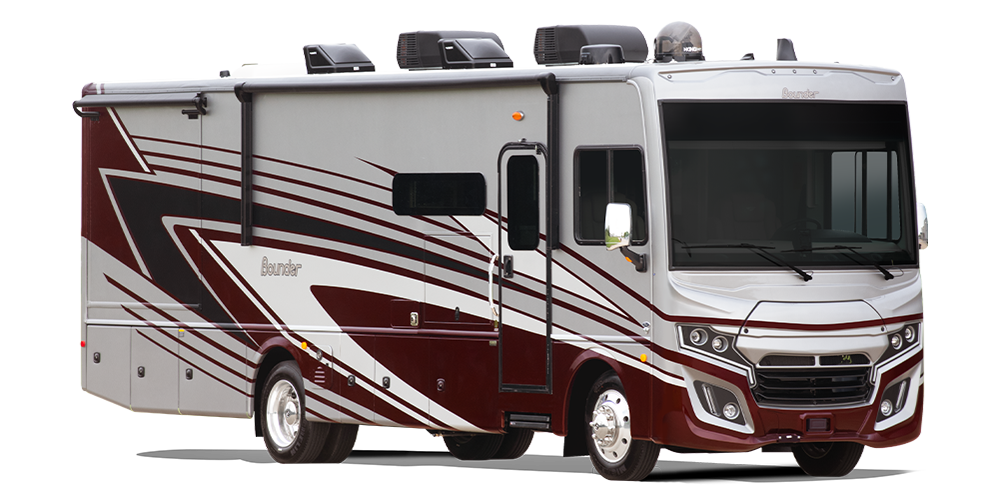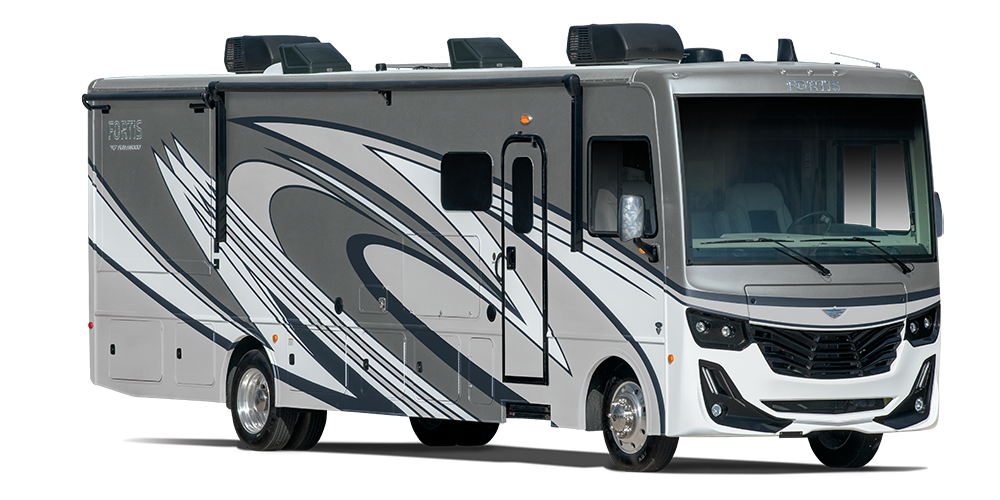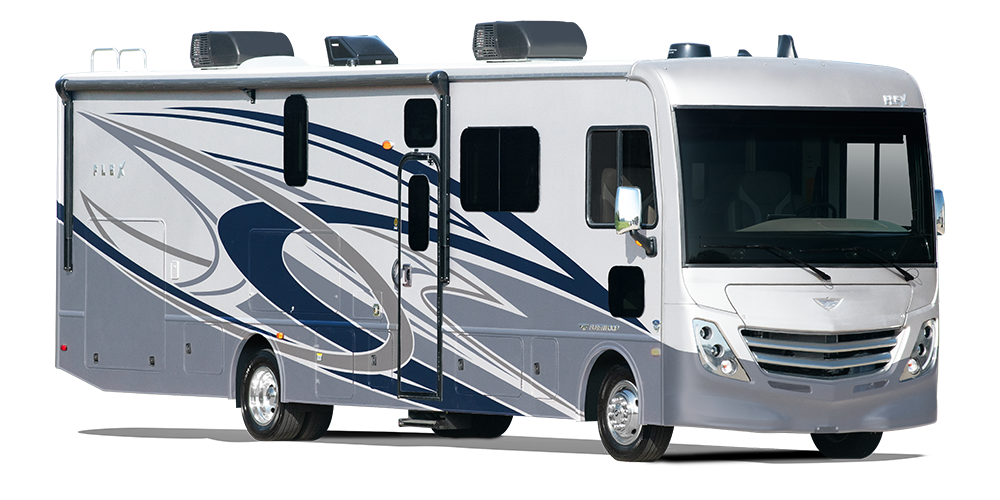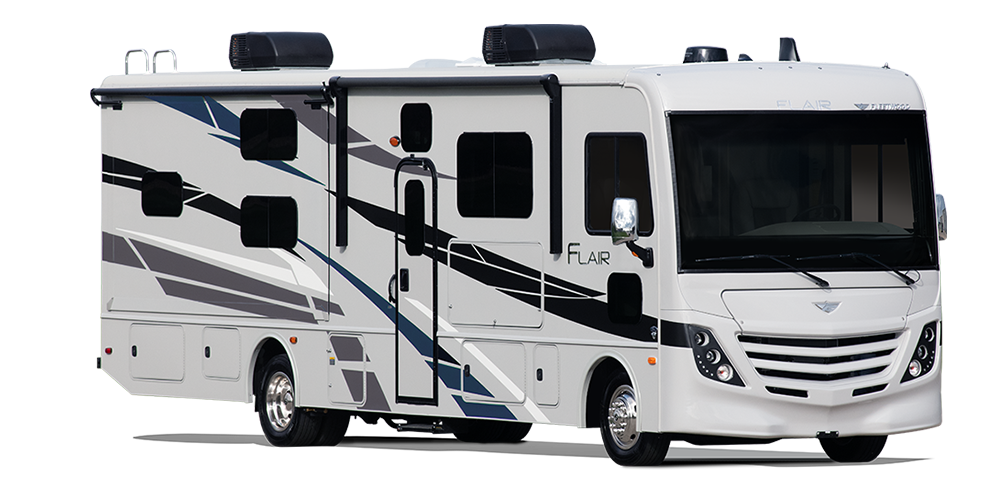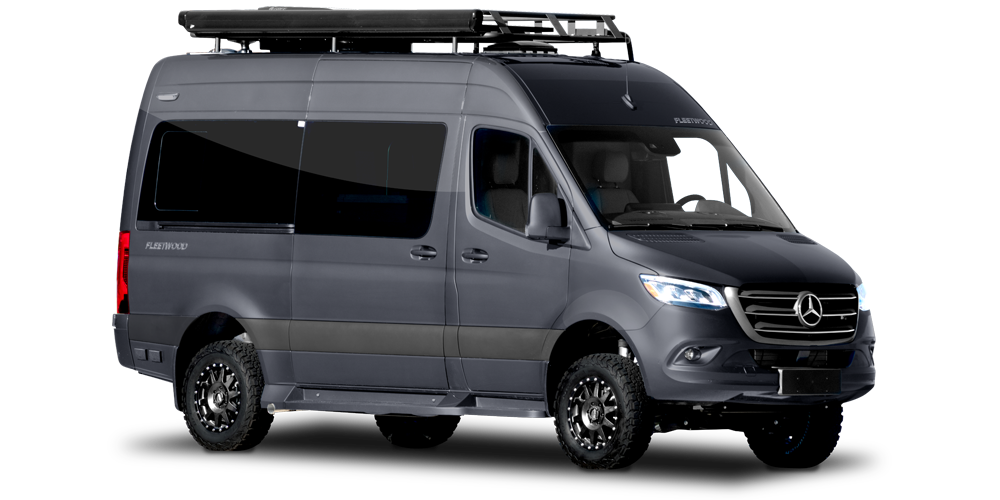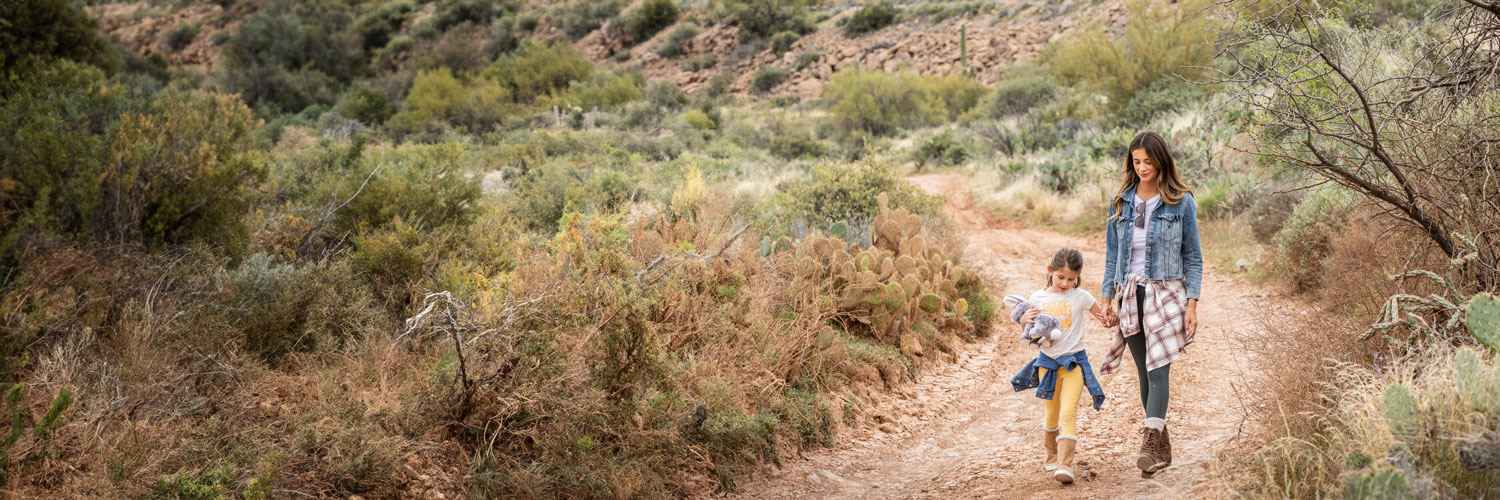Healthcare On the Road
Planning for the Best Family RV Road Trips
We go on vacation to get away, but there’s one thing that always has to travel with us.
No, not our spouse. Not our favorite t-shirt. Not even our favorite playlist.
It’s our health.
You’ll need to devise a plan to take care of yourself on the road, such as finding places to fill your prescriptions, do your exercises, and watch your diet.
But it seems our health was made for the term “(Stuff) Happens.” There are a million ways to get hurt or sick on the road, and that’s even before you go on that hike, spend some time on a lake or a beach, or do one of the dozens of activities provided by resorts, theme parks, or tourist traps.
Hey, there’s always 911, but let’s assume, perhaps even hope, you don’t have to dial those numbers. Instead, here are some things you should know to make it easier to keep up your health while you’re on your next RV road trip. Keep in mind we aren’t doctors, lawyers or even experts in healthcare, so do your own research. If this is part of your research, well then, good for you.
See a doctor virtually anywhere
You can, for instance, visit physicians through a virtual clinic. Telehealth is nothing new, but places such as RV Health hope you will consider them for a primary physician, not just as a place to go for urgent care while you live your best RV life. Physicians can treat you anywhere on the road and even write prescriptions for you that can be filled anywhere except national parks.
However, urgent care is a decent option if you just, say, have a sore throat. And, clinics are sometimes even located in major chains, such as big box retail stores and grocery stores. Many others operate near hospitals or act as stand-alone businesses in strip malls. And they’re not nearly as sketchy as that sounds.
Coverage like a blanket
RV health insurance isn’t a fun topic for many of us, but for full-timers, it can be a real hassle. Some Rvers in blogs called it the number-one hardest thing about an RV lifestyle, and these people regularly clean wastewater tanks.
Regardless, here are a couple of options you may want to explore.
One is an insurance exchange program that specializes in RVers. You can look into RVer Insurance as an example of this. Another one is Escapees RV Club.
You can try to establish residency in a state to get health insurance that way. Florida, South Dakota, and Texas allow this. Some plans in those states may allow you to get a subsidy for coverage, as well. The upside is you can get covered for emergency care out of state, but the downside is you may have to go back to the state to get standard, recurring, or preventative care.
There’s also Healthshare plans, where you share the cost of healthcare with other people by paying their bills, and they, likewise, pay yours when the time comes.
Many of these are run by ministries, and many of these ministries require you to be religious, although Liberty Healthshare does not require that.
It is not health insurance for RV travelers, so keep that in mind. It’s a way for people to share the cost of healthcare who happen to be traveling in an RV.
Use your kitchen
A good diet is easy to follow in an RV given the fact that you have a full kitchen. Getting the food to cook can be easy, too, if you make it easy on yourself.
Don’t be tempted to grab quick meals at convenience stores or fast-food joints, as the cost of them will add up, in addition to the calories you’re consuming. Sometimes food trucks can offer healthier options, and there are places such as Subway that offer low-calorie meals, but cooking fresh produce is always a better option. That’s why you have an RV, right?
Try to check out local farmer’s markets in the area you’re visiting. These places offer fresh produce in season and other treats. Grocery stores also usually have good produce.
Yep, hiking still counts
Staying fit can be pretty easy in an RV, given that you’re going to lots of great, beautiful places to visit. These places are best explored on your feet, so don’t be afraid to take on a long hike or walk more than you’re used to. Think about how lucky you are to be visiting these places and focus on the beauty, not your exhausted feet, as you walk another mile.
For strength training, well, that’s what your backpack is for, unless you want to wrestle a bear.
(Editor’s Note: Please don’t wrestle a bear).
Finally, you’ll want to keep a vehicle first-aid kit in your RV. You can find many of these items in many different stores, including pharmacy chains, big box stores, and grocery stores.
Here’s what your kit should contain:
- Band-aids
- Gauze pads for treating wounds
- Safety pins for closing bandages
- Adhesive tape
- Antibiotic ointment
- Cream for skin inflammation and rashes
- Antihistamine for allergies
- Aspirin, ibuprofen, and other pain medications
- Sunscreen
- Aloe Vera
- Insect bite and sting medicine
- Cotton balls
- Vaseline
- A thermometer
- Tweezers to remove ticks, thorns, and other problems
- A needle
- Saline solution for washing out wounds or eyes
- It’s a good idea to include child and infant versions of the meds
- Hot and cold packs
- Anti-diarrhea meds
- Epi-Pen for severe allergic reactions
- A manual for first-aid treatment
- An extra blanket
- A flashlight with extra batteries
- Hats and gloves
- A sling
- Non-perishable food such as granola bars
- Water
- Matches kept in a dry container
- A whistle
Yes, you can just go to the store to buy these when you need them, but the point of an RV is to visit places where, say, a huge, glowing pharmacy isn’t available 24 hours a day. Right?
Most Popular Blogs
Easy Workouts While on the Road
Traveling away from home shouldn’t mean sacrificing your exercise routine. […]
